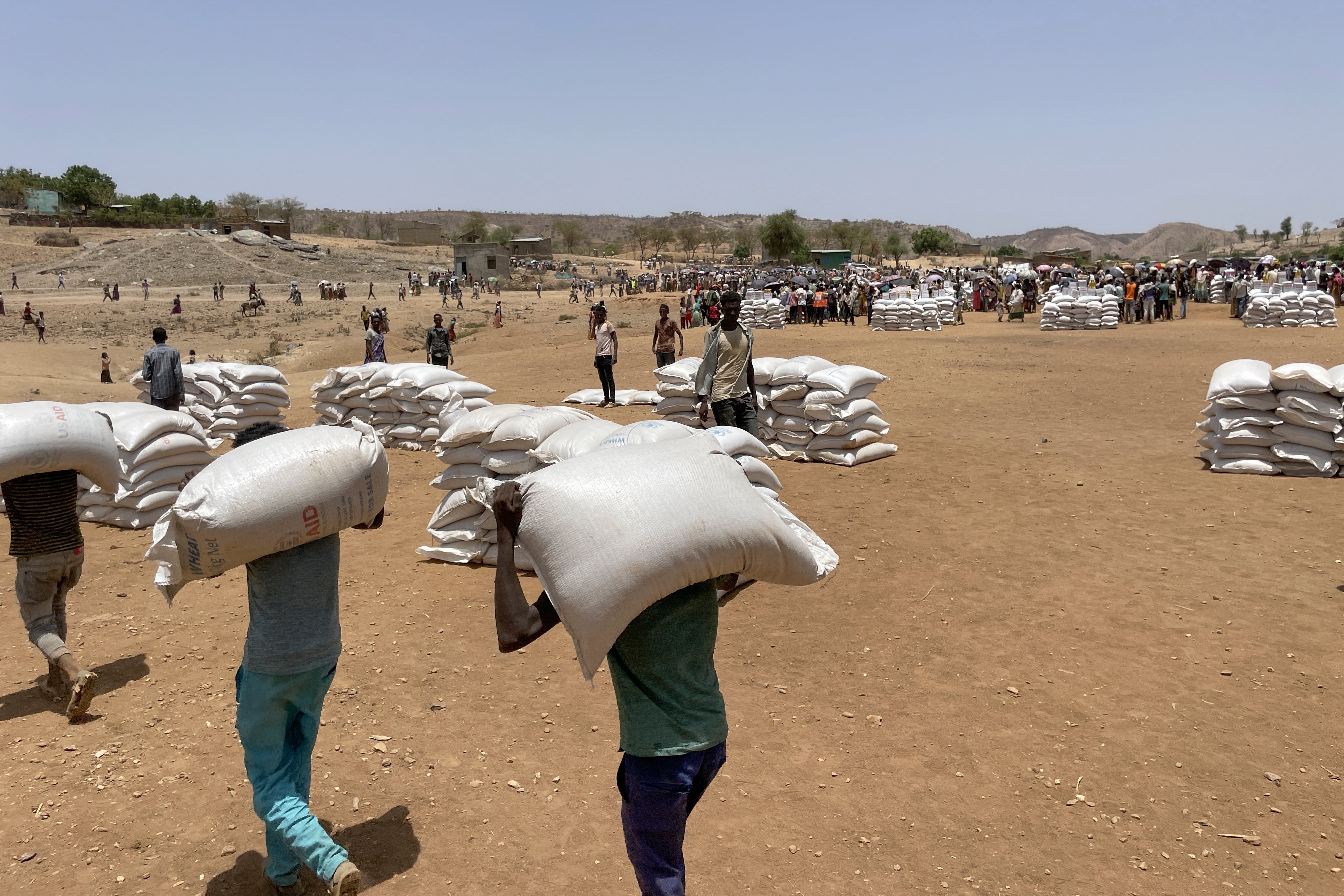One of the worst humanitarian crises in the world is unfolding, and we barely hear about it
This is a humanitarian crisis worse than the one in Ukraine, without any exaggeration, writes Borzou Daragahi


One of the worst humanitarian crises in the world is unfolding. Hundreds of thousands have been displaced. Towns and villages have been destroyed. Tales of unspeakable horror are trickling out.
Yet watching and reading the news, you’d find nary a word about the conflict in Ethiopia, where government forces have been clashing with ethnic Tigray rebels in a 22-month conflict.
World Health Organisation chief Tedros Adhanom Ghebreyesus, himself an ethnic Tigrayan, last week described the crisis as the “worst disaster on Earth” and accused global elites of ignoring it because its many victims are non-white, unlike most of those affected by the conflict in Ukraine.
Large-scale confrontations between the warring sides have simmered down in recent months, and there are murmurs of impending peace talks. But some 2.6 million people in northern Ethiopia face starvation – half the region’s population – according to the World Food Programme, and 13 million nationwide face food insecurity. War and displacement have been exacerbated by an epic drought.
“The humanitarian crisis is more than Ukraine, without any exaggeration,” Ghebreyesus said. He suggested that world leaders were not speaking about the conflict because of “the colour of the skin of the people of Tigray”.
Human-made tragedies are inexcusable anywhere in the world, but Ethiopia is hardly a distant backwater. A nation of 115 million, it is the world’s 12th largest by population, and a major power in the Horn of Africa.
Tens of thousands have been killed in the war, and some 80 per cent of healthcare facilities in the Tigray region have been destroyed or looted. Horrors abound.
“Famine and rape have been used as weapons of war, with atrocities taking place out of sight of the rest of the world after phone and internet links were cut,” writes Sophie Cousins in the London Review of Books. “Severe shortages of food and medicine continue, along with a lack of access to such basic services as banking, communications and electricity.”
While many in the West have rallied to the Ukrainian cause, huge swathes of people in Africa, Asia and Latin America have shrugged over the war between two European nations. Outside of the West, few nations have imposed sanctions on Russia – and none have cut off diplomatic ties – over its invasion of Ukraine, and there is little if any public demand to do so.
If you’re struggling to understand how anyone can be so apathetic about human suffering, think about the West’s indifference towards the tragedy in Ethiopia.
Yours,
Borzou Daragahi
International correspondent






Join our commenting forum
Join thought-provoking conversations, follow other Independent readers and see their replies
Comments